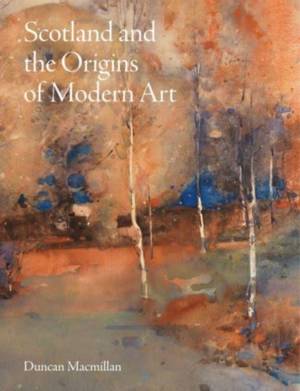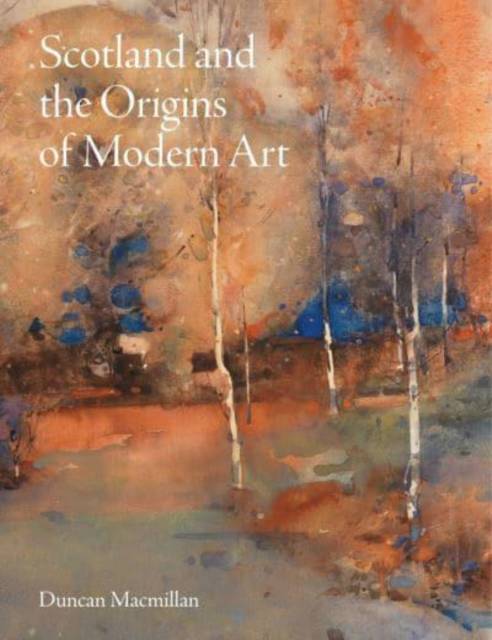
Bedankt voor het vertrouwen het afgelopen jaar! Om jou te bedanken bieden we GRATIS verzending (in België) aan op alles gedurende de hele maand januari.
- Afhalen na 1 uur in een winkel met voorraad
- In januari gratis thuislevering in België
- Ruim aanbod met 7 miljoen producten
Bedankt voor het vertrouwen het afgelopen jaar! Om jou te bedanken bieden we GRATIS verzending (in België) aan op alles gedurende de hele maand januari.
- Afhalen na 1 uur in een winkel met voorraad
- In januari gratis thuislevering in België
- Ruim aanbod met 7 miljoen producten
Zoeken
Omschrijving
A discussion of sensibility, sensation, perception and painting, Scotland and the Origins of Modern Art is an original work which argues that the eighteenth-century Scottish philosophy of moral sense played a central role in shaping ideas explored by figures such as Cézanne and Monet over one hundred years later. Proposing that sensibility not reason was the basis of morality, the philosophy of moral sense gave birth to the idea of the supremacy of the imagination. Allied to the belief that the imagination flourished more freely in the primitive history of humanity, this idea became a potent inspiration for artists. The author also highlights Thomas Reid's method in his philosophy of common sense of using art and artists to illustrate how perception and expression are intuitive. To be truly expressive, artists should unlearn what they have learned and record their raw sensations, rather than the perceptions that derive from them. Exploring the work of key philosophical and artistic protagonists, this thought-provoking book unearths the fascinating exchanges between art, philosophy and literature during Enlightenment in Scotland that provided the blueprint for modernism.
Specificaties
Betrokkenen
- Auteur(s):
- Uitgeverij:
Inhoud
- Aantal bladzijden:
- 256
- Taal:
- Engels
Eigenschappen
- Productcode (EAN):
- 9781848226333
- Verschijningsdatum:
- 23/06/2023
- Uitvoering:
- Hardcover
- Formaat:
- Genaaid
- Afmetingen:
- 199 mm x 257 mm
- Gewicht:
- 1079 g

Alleen bij Standaard Boekhandel
+ 160 punten op je klantenkaart van Standaard Boekhandel
Beoordelingen
We publiceren alleen reviews die voldoen aan de voorwaarden voor reviews. Bekijk onze voorwaarden voor reviews.









